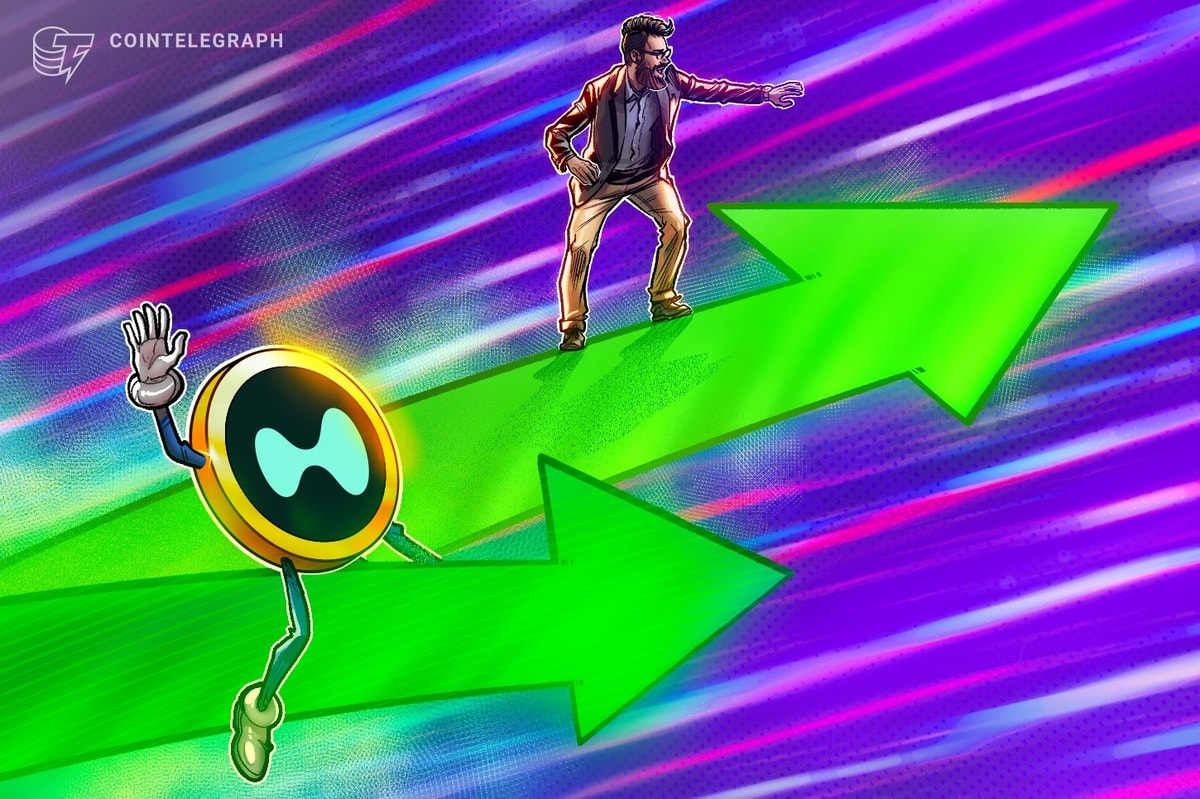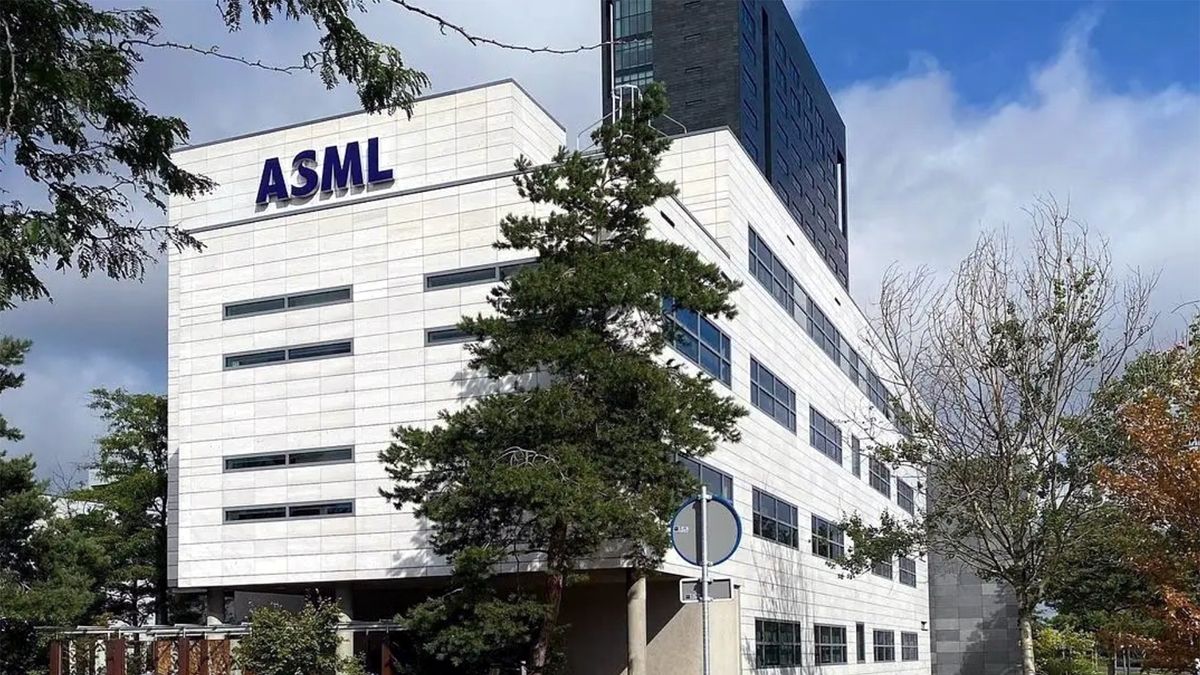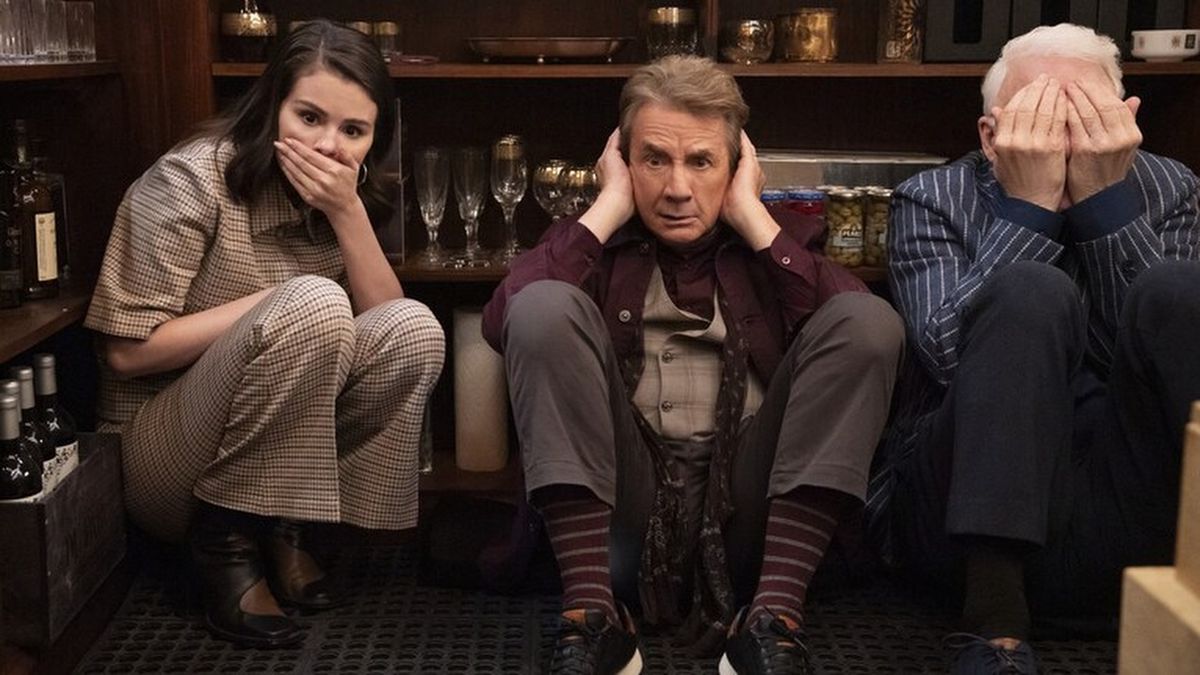This was supposed to be the year of the MDMA revolution.
About this time last year, prescription MDMA looked like a sure thing. After decades of clinical research, political wrangling, and aggressive promotion, the popular underground club drug was set to be tamed and medicalized, with a stamp of approval from the US Food and Drug Administration. Then, it wasn’t.
In a stark change of course, the FDA rejected the MDMA therapy it had been considering by a 10-1 vote. The decision derailed psychedelic medicine for the foreseeable future.
Except for one thing—an unexpected lifeline from the Trump administration. In May, the FDA’s new commissioner, surgical oncologist Marty Makary, appeared on cable news to declare MDMA and other Schedule 1 narcotics “a top priority for this FDA and this administration.” Elsewhere, Mr. MAHA himself, the US Health and Human Services secretary, Robert F. Kennedy Jr., has spoken positively about the psychoactive stems-and-bark tea ayahuasca. Matt Zorn, a lawyer recently appointed to RFK Jr.’s department, had previously fought the US government to allow access to cannabis and psychedelic mushrooms. Casey Means, Trump’s nominee for surgeon general, has spoken of the benefits of psilocybin-assisted therapy, claiming that psychedelic mushrooms helped her find love and made her feel like “part of an infinite and unbroken series of cosmic nesting dolls.”
Psychedelic medicine, as it turns out, slots rather comfortably into the burn-it-all ethos of RFK Jr.’s movement. But as MDMA’s advocates regroup to take advantage of this surge of support, they’re also reckoning with why they failed to win over the FDA—and whether a second attempt could go better. Could the psychedelic world’s new Trumpworld allies be the ones who finally help it achieve its goal?
Photograph: Tonje Thilesen
For almost half a century, American psychedelic medicine—and MDMA in particular—has had one indispensable advocate: Rick Doblin. On a cool December morning, I met Doblin at his bright purple craftsman home in the Boston suburbs. Dressed in a well-worn chamois shirt and khakis and with a wiry tangle of hair, he was cheery and avuncular. His look was classic New England and a bit bedraggled, befitting the scion of a wealthy industrialist family turned elder statesman of the counterculture.
Doblin first tried LSD in 1971 as a freshman studying psychology at Florida’s experimental New College. By 1982, he was studying under pioneering psychedelics researcher and therapist Stanislav Grof at the Esalen Institute in Big Sur, California. At the time, many at Esalen were excited about a legal chemical called MDMA, which was said to help people conquer fear and forge profound connections with others. Doblin sampled the drug with a girlfriend and was shocked at how easy it became to talk through their issues. But then, to Doblin’s chagrin, the US criminalized MDMA, and in 1986 he founded a nonprofit called MAPS—the Multidisciplinary Association for Psychedelic Studies.
For the next several years, MAPS was a one-man operation. To advocate for MDMA’s legalization, Doblin collected reports from animal studies on the drug’s toxicity and lined up experts to argue with Drug Enforcement Administration officials on Phil Donahue. He slipped into Nicaragua during its civil war and provided the drug to clinicians to treat traumatized soldiers and civilians. He even subjected himself to excruciating spinal taps in an attempt to disprove a prevalent belief that MDMA depleted natural stores of serotonin.
Doblin believed early on that it was essential to distance MAPS from the counterculture to gain mainstream credibility. (The organization’s first Psychedelic Science conference in 2010 instituted a “no tie-dye” rule for staff.) He set out to collect clinical evidence on the benefits of MDMA and other prohibited drugs. He then used those results to wage a campaign to change public opinion and ultimately end prohibitions. Between 2005 and 2017, MAPS refined a model for clinicians to administer MDMA to patients suffering from post-traumatic stress disorder, guide their experiences, and provide post-trip emotional support. Its 74-page manual stressed the importance of “inner healing intelligence”—a concept touted by Doblin’s mentor Grof, which holds that the human psyche has an “innate capacity” to heal itself.
During this time, MAPS operated as a charity, taking in over $6.7 million in 2013 to fund its research and advocacy. The organization prided itself on living its values of drug destigmatization; it had a policy where employees could consult with their managers on “smokable tasks” that could be completed under the influence of drugs. (“I personally feel like strategizing and brainstorming goes better when I’m high,” Doblin explains.)
But the cornerstone of Doblin’s plan—establishing MDMA’s efficacy in a clinical trial—required resources of a different magnitude. MAPS needed to raise more than $100 million for research and operational costs. So in 2014 the organization minted a for-profit subsidiary, which came to be known as Lykos Therapeutics.
Courtesy of MAPS
Seeking to change the public perception of MDMA as a party drug, Doblin decided to focus on a sympathetic patient population: military veterans diagnosed with PTSD. MAPS formed partnerships with veterans’ groups and secured a $1 million donation in 2018 from the Mercer Family Foundation, run by Rebekah Mercer, the conservative donor some have dubbed “the First Lady of the alt-right.” Mercer was a notable departure from the most prominent psychedelic philanthropists, like the Silicon Valley venture capitalist and longtime MAPS donor George Sarlo, podcaster and lifestyle guru Tim Ferriss, and David Bronner, an executive who is currently the “cosmic engagement officer” of Dr. Bronner’s empire of “magic soaps.”
In 2017, the FDA granted MAPS’ MDMA treatment a Breakthrough Therapy designation, providing a fast-track through the agency’s arduous trialing and review process. In December 2023, Lykos submitted an application to the FDA including data from hundreds of patients. The data showed that the treatment had a remarkable 70 percent success rate. An expedient review would follow.
On June 4, 2024, Jonathan Lubecky, a 48-year-old ex-Marine and US Army sergeant, appeared via webcam before an FDA advisory committee and told the story of how MDMA had saved his life. Lubecky had deployed to Iraq in 2005 and completed a yearlong tour of duty. After he returned home, he was plagued by nightmares, anxiety, depression, and thoughts of suicide. Triggered by fireworks during a Fourth of July celebration, Lubecky hid in a closet with his service dog. He had a meltdown at Disney World after spotting a guest in Islamic garb with a backpack.
After exhausting the treatment options offered by Veterans Affairs, Lubecky had lost all hope. He was taking 42 prescription pills a day and had made five attempts on his life. Then, one day in 2014, an intern at a South Carolina hospital slid him a piece of paper scrawled with the words “Google mdma ptsd.” When he did, Lubecky came across a clinical trial for MDMA therapy, run by MAPS, that was enlisting veterans. Figuring he had nothing to lose, he signed up.
Under the psychoactive sway of MDMA and the attention of a therapist, Lubecky found himself opening up about his wartime horrors. And then he kept going. “I went in thinking I was going to talk about Iraq,” he says, “and I ended up talking about my whole fucking life.” The treatment, which consisted of three drug-assisted therapy sessions as well as regular therapy, “healed me,” Lubecky told the panel. Since then, he has even made multiple trips to the front lines of the Ukraine-Russia war as a volunteer, resupplying Ukrainian medical stockpiles. Lubecky also became a dedicated advocate for the clinical use of MDMA and served as a government liaison for MAPS between 2018 and 2023.
Like Doblin, Lubecky was optimistic that the treatment would get approved. But during the proceedings, a statement was entered into the record on behalf of a woman named Meaghan Buisson. In 2014, Buisson was recruited into a Phase 2 clinical trial run by MAPS. While under the influence of MDMA, she said, she had been “blindfolded, gagged, pinned, cuddled, and caressed” by the therapists, a married couple. She had attempted suicide afterward, she said; a doctor later told her she had effectively been “drugged, raped, blamed, and held as a sex slave.”
Another speaker, Neşe Devenot, a senior writing lecturer at Johns Hopkins University, recounted an incident in which a therapist pinned down a patient “as their distress escalated to the point of shouting, quote, ‘Go away. Get your effing hands away from me.’” In a 17-page document submitted to the FDA, Devenot alleged that the MAPS therapy wasn’t a scientific treatment at all: It was a “therapy cult,” comparable to NXIVM, the notorious sex-trafficking pyramid scheme.
When the hearing concluded, after some eight exhausting hours of testimony, Lubecky stepped onto the balcony of his Washington, DC, apartment, inhaled deeply, and yelled, “FUCK!” He was sure Buisson’s and Devenot’s accounts would doom the treatment’s chances of approval. Here, he believed, was a medical innovation that could save thousands of lives, and it had been torpedoed not by its usual opponents, like law enforcement agencies or opponents of drug legalization, but by warring factions of the psychedelic community itself. Or, as he described them, “a bunch of fucking hippies who fucked it up.”
Photograph: Tonje Thilesen
Until fairly recently, the “psychedelic space” was a small and somewhat parochial collection of academics, research chemists, and recreational trippers, all loosely connected to the drug underground or the vestigial 1960s counterculture. Then, in 2018, author Michael Pollan published How to Change Your Mind, his bestselling account of the “psychedelic renaissance,” and helped popularize drugs like LSD, MDMA, psilocybin, and mescaline.
The community’s gatherings outgrew church basements and Holiday Inn ballrooms and relocated to glass-and-steel convention centers swarming with pharmaceutical salespeople and venture capitalists. To many in the left-wing, anticapitalist psychedelic scene, Neşe Devenot told me, it was like the evil Eye of Sauron from The Lord of the Rings had swiveled in their direction.
Devenot, who uses they/them pronouns, first took LSD as a freshman at Bard. It was “the most profound experience of my life,” they said. Until that point, they had been terminally shy and suffered from intrusive thoughts about dying. But under the influence of LSD, Devenot says, “the finality and fearfulness I associated with death disappeared.” They fell in with the community of researchers and enthusiasts in which Doblin was regarded as a pioneer. “Before this field became financialized,” Devenot told me, “it was a domain for a lot of weirdos and misfits … people looking for community and meaning and connection.”
In 2018, Devenot joined an advocacy group called Psymposia, which was founded to advocate for drug policy reform. The group began working diligently to conduct policy research and rail against the corporate capture of psychedelia. A Psymposia cofounder named Brian Normand told me that he finds the incursion of Silicon Valley and Big Pharma into psychedelia “incredibly cheesy.” With open letters, articles, academic papers, podcasts, and voluminous social media posts, Psymposia called attention to abusive practitioners of psychedelic therapy and right-wing uses and abuses of mind-expanding compounds, among other topics. Early on, Psymposia and MAPS worked together. But a few years after MAPS spun off its for-profit arm, the alliance splintered.
In 2021, Psymposia and New York magazine coproduced an investigative podcast called Cover Story: Power Trip. One of its most damning episodes was deeply critical of MAPS and featured Meaghan Buisson—the woman whose story of assault came up in the FDA hearings.
The podcast, along with accompanying video footage of her therapy, covered many of the details she would later recount to the FDA. Buisson had been homeless around the time she enlisted in the trial in 2014, which was conducted by two MAPS-trained clinicians, Richard Yensen and Donna Dryer. Buisson also alleged that Yensen, an unlicensed psychotherapist, had pursued a sexual and romantic relationship with her after the trial concluded. In 2018, Buisson filed a civil suit against Yensen, which was reportedly settled out of court, and lodged an ethics complaint with MAPS. In a statement, MAPS has said that Yensen confirmed having sexual contact with Buisson. Dryer relinquished her medical license. (Yensen did not respond to a request for comment. When asked for comment, Dryer pointed to a Canadian Medical Association rule banning doctors from commenting on anyone who has ever been a patient.)
“We never tried to downplay it,” says Michael Mithoefer, a MAPS clinical researcher and psychiatrist who authored its treatment manual.
MAPS confirmed that ethical misconduct had taken place, notified the FDA, barred Yensen and Dryer from all future activities, and provided Buisson with about $11,000 for therapy. MAPS also told trial participants that if they had similar complaints, they could confidentially contact its compliance team or the study’s Institutional Review Board. MAPS researchers did, however, include the results from Buisson’s trial in three scientific articles published in the journal Psychopharmacology. “That was a mistake,” Mithoefer says. Psychopharmacology has since retracted the papers. Ultimately, MAPS said, Buisson’s was the only documented complaint of sexual abuse among hundreds of patients treated with MDMA.
It later turned out that at least six of the speakers who gave negative testimonies to the FDA had some social or professional ties with Psymposia. (Devenot notes that two of those six were not officially connected but rather were “fans” of the group.) This created a strange asymmetry in the proceedings. The positive testimonies were given by representatives of groups such as the Veterans of Foreign Wars, which represents more than 1 million people. The most disturbing accounts came from people loosely associated with a small advocacy organization that disagreed with some of MAPS's methods.
In 2024, Psymposia received $185,000 on behalf of the Sarlo Charitable Fund, recommended by Susie Sarlo, daughter of the aforementioned MAPS donor, George Sarlo. A MAPS board member and the Sarlo estate had previously been in dispute over alleged elder abuse of George. Susie Sarlo also filed a public comment with the FDA advisory committee, warning of “MDMA’s recognized use as a tool for exploitation.” Asked about Susie Sarlo’s contributions, Normand maintained that Psymposia is “nobody’s attack dog.” Devenot noted that Psymposia members had spent years developing their analyses and raising the same concerns, long before receiving funding.
In the view of some MAPS-trained therapists, Psymposia had leveraged the Buisson incident to discredit the entire treatment. Devenot’s complaint to the FDA states that its protocols “incentivize” exploitative dynamics between vulnerable patients and potentially predatory practitioners. Abusive therapists like Yensen and Dryer, Devenot alleged on Substack last fall, are “an inevitable consequence of MAPS’s therapeutic ideology.” (Speaking on behalf of Psymposia, Devenot responds that "We are disappointed to see that MAPS has reverted to scapegoating critics rather than engaging with substantive safety improvements that would protect future patients.")
“The metaphor they use is that’s not just one rotten apple, it’s the whole orchard,” says Casey Paleos, a board-certified psychiatrist who served as a therapist in MAPS’s Phase 3 trial. “I know the other apples in the orchard. None of us are like Richard Yensen.”
A mock therapy session.Courtesy of MAPS
I interviewed several patients from the MAPS Phase 3 trial to get a detailed sense of how the therapy typically unfolds in a clinical setting. Laura Lynn MacDonald, a 55-year-old mother of two, is a survivor of childhood sexual abuse. She had cycled in and out of therapy and been prescribed antidepressants and a battery of antianxiety medications to treat panic attacks, ADHD, and insomnia. (The average trial participant had been living with PTSD for 14 years.)
MacDonald credits the treatment with curing her symptoms. By her account, the therapists were methodical and responsible as they helped her process intense sensations and memories. Throughout, she felt she was being safely guided, even flashing back to a very vivid, very fond memory of being paddled in a canoe by two caring camp counselors. “No boundaries were crossed. Safety measures were diligently followed,” she said, adding, “as a sexual abuse survivor, the manipulation and weaponization of the only sexual abuse case that occurred during the MAPS clinical trials infuriated me.”
During the hearing, Devenot used the account of a therapist who pinned down a patient to illustrate a wider pattern of abuse. The therapist, Veronika Gold, says that the patient (who took ketamine, not MDMA) had consented to touch and role-play and that Gold was in character as the patient’s abusive father. The patient has never spoken publicly about the event, and Gold quoted this case of a “reparative fantasy” extensively in a book chapter she wrote. “It has been very upsetting,” Gold says of Devenot’s characterization of her work. “They are misrepresenting what actually happened … and it seems like it made an impact on the advisory committee." Devenot, meanwhile, contends that Gold’s use of physical touch “exposes patients to an undisclosed risk of retraumatization.”
It’s unknown exactly how Psymposia’s criticisms factored into the FDA’s final decision. Members of the FDA advisory committee did not respond to repeated requests for interviews. I spoke to two former Lykos executives who had seen the agency’s Complete Response Letter, who said that the FDA treated Psymposia’s concerns as significant and that the agency cited issues with trial design, a consistent bugbear of psychedelic treatments.The FDA also allegedly flagged an underreporting of “positive adverse events” in which the experience proved not just therapeutic, but so enjoyable that a patient might be primed to abuse the drug.
In the aftermath of the ruling, Psymposia certainly seemed happy to claim credit for the outcome. The group commissioned a PR firm, which pitched journalists on the story of a “small watchdog organization that stopped a billionaire-funded company, Lykos Therapeutics, from getting their unscientific and flawed MDMA therapy model approved by the FDA.” Last fall, Devenot posted a picture on Substack of them posing in front of an FDA flag, with the caption “My Everest.”
Strangely serene about his life’s work being kneecapped, Rick Doblin lays the blame as much with Psymposia as with the Lykos brass. In the run-up to the FDA hearing, Lykos management instituted a mandatory “quiet period,” preventing anyone involved with the drug application from responding to criticism. In his mind, this created a sort of vacuum that his critics eagerly and capably filled. “I think they deserve full credit,” says Doblin wryly, of Psymposia. “Now, deserve doesn’t mean that I think what they did was right. Just that they were very effective.”
Photograph: Tonje Thilesen
After the FDA setback, Doblin relinquished his seat on Lykos’ board of directors. The company slashed three-quarters of its staff, and scientists and stakeholders from Big Pharma heavyweights and other multinationals were shuffled in.
Yet Doblin persists. He recently helped to secure Lykos $25 million from billionaire and longtime Elon Musk ally Antonio Gracias, an early Tesla and SpaceX investor who also financially backed Musk’s pro-Trump Super PAC and now works as part of DOGE efforts in the federal government. Doblin hung out with Gracias, who has also funded psychedelic research at Harvard and London’s Imperial College, at a predawn Burning Man party late last summer. (In one sense, Gracias makes an unusual ally; Doblin’s daughter lost her job due to government cuts enacted by DOGE.)
In March, Lykos received additional support from Gracias and Sir Christopher Hohn, a British hedge fund manager and philanthropist who has been described by The New York Times as “one of Europe’s most feared activist investors.” A seasoned pharma executive, Michael Burke, is stepping in as the company’s new CEO. Lykos declined to make any members of its new leadership team available for comment.
At the time of writing, Lykos plans to use its new investment to submit the MDMA application to the FDA again, in hope that the new MAHA regime will be more inclined to reexamine the data. An approval of the therapy, if granted, would likely require a Phase 4 study in which the treatment is carefully monitored after it has hit the market. But if the FDA refuses the reapplication, Lykos would need to run another Phase 3 study, conduct years of further research, and expend many more millions. A spokesperson for HHS says “the agency is actively exploring and supporting innovative treatment options,” including “emerging approaches using gold standard science.”
In the meantime, Doblin and Psymposia have made efforts to cool hostilities. In March, Doblin, Devenot, and Normand met up at the South by Southwest conference in Austin. Over the course of around four hours, Doblin listened to their questions and criticisms of the MDMA therapy. Devenot says Doblin treated them as “good-faith actors; people who had genuine concerns but were not saboteurs.” Doblin, too, spoke warmly of the meeting. “They just want to protect vulnerable people,” he says. “We all gave each other a hug after the meeting.” (Neither Devenot nor Normand would confirm or deny the hug.)
For patients who have benefitted from the therapy, all the infighting seems rather academic. The ones I spoke to also weren’t troubled by the optics of partnering with Trump- or Musk-aligned allies. Laura Lynn MacDonald told me she didn’t care who the “delivery man” was for “the good medicine”—she just wanted the treatment to be available for people who needed it. The interest in psychedelics from MAHA-world, she observed, optimistically, “might be a strange perfection of ingredients.”
Let us know what you think about this article. Submit a letter to the editor at [email protected].

 1 month ago
18
1 month ago
18







 English (US) ·
English (US) ·